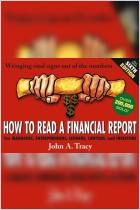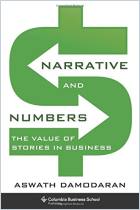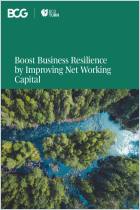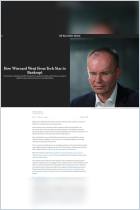
Creating Shareholder Value
A Guide for Managers and Investors
First Edition: 1986 plus...
Reprinted by permission of Free Press, a division of Simon & Schuster, Inc., N.Y.
ISBN: 9780684844107
Pages: 224
Read offline
Recommendation
For the past 12 years, The Wall Street Journal has published Dr. Alfred Rappaport's brainchild, the Shareholder Scoreboard. This special section lists 1,000 of the largest U.S. corporations (representing 90% of all listed equity values) and shows statistically how "shareholder-friendly" each one is. This journalistic feature popularizes Rappaport's "Shareholder Value" (SV) theory among institutional and individual investors. Investors use this theory to make equity commitments that reflect the author's economics-based criteria. Frankly, the lay reader who has not majored in economics, or in corporate accounting and finance, will find Rappaport's book abstruse. But it leads the way for the informed, inquisitive investor who seeks "business enlightenment" and Wall Street success. Do not be thrown off by the original 1986 print date. A classic is just that, a book that can be read and wisely used for decades. The small, silent shareholder revolution that Rappaport started is far from over. By now, shareholder analysis has become part of the mainstream for hundreds of big companies (though they accepted it gradually). SV is far from perfect as a corporate strategy indicator. The true worth of this book for CEOs and other executives resides in its lessons for implementing the SV approach throughout a corporation. getAbstract recommends it to all three informed constituencies of every public corporation: executives, employees and shareholders.
Take-Aways
About the Author
Dr. Alfred Rappaport is a professor at Northwestern University, and an international business consultant. He has written three business books.















Comment on this summary or Démarrer une discussion